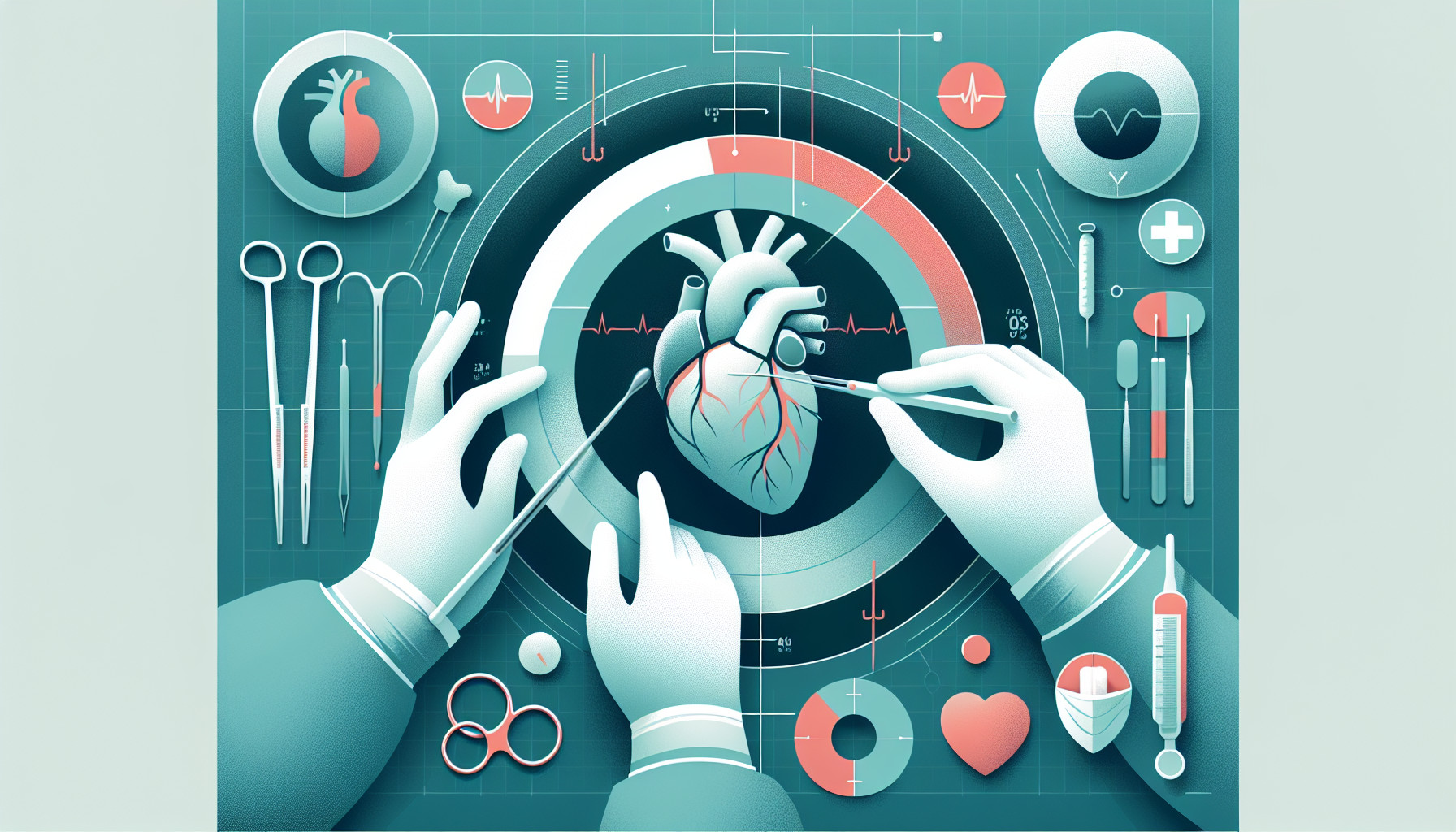Our Summary
This research paper examines the cost, outcomes, and resources used in three different methods of treating a heart condition called atrial fibrillation. The methods studied are cardiac ablation, pulsed field ablation (PFA), and cryoballoon ablation (CRYO), with PFA being a non-thermal alternative that uses high-voltage electric pulses to target cells.
The researchers used real-world data from three European medical centers and also looked at literature for additional data on complications and redo procedures. They then used this data to build a model estimating the cost and effectiveness of each method.
The study found that PFA took less time both before and during the procedure than the other two methods. It was also less expensive, costing an estimated €216,535 to treat 100 patients, compared to €301,510 for CRYO and €346,594 for RFA. The savings per patient were €850 for CRYO and €1,301 for RFA.
In conclusion, the paper suggests that PFA is a more time and cost-effective treatment for atrial fibrillation. However, the authors note that individual hospitals may have different practices, which could impact the transferability of these findings to other settings.
FAQs
- What are the three methods of treating atrial fibrillation mentioned in the research paper?
- Which treatment method for atrial fibrillation was found to be the most time and cost-effective according to the study?
- How might individual hospital practices impact the findings of this study on the cost and effectiveness of different atrial fibrillation treatments?
Doctor’s Tip
A doctor might tell a patient considering cardiac ablation that pulsed field ablation (PFA) is a less expensive and quicker option compared to other methods such as cryoballoon ablation (CRYO) and radiofrequency ablation (RFA). They may recommend discussing this option with their healthcare provider to see if it is a suitable treatment for their specific case.
Suitable For
Patients who are typically recommended for cardiac ablation are those with atrial fibrillation who have not responded well to medication or other treatments. Atrial fibrillation is a common heart rhythm disorder that can cause symptoms such as palpitations, shortness of breath, and fatigue. Patients with atrial fibrillation may be recommended for cardiac ablation if they have persistent or recurrent symptoms despite treatment with medications.
In the study mentioned above, patients with atrial fibrillation were treated with either cardiac ablation, PFA, or CRYO. These patients may have had symptoms such as palpitations, chest pain, dizziness, or fainting episodes. They may also have had other risk factors for atrial fibrillation, such as high blood pressure, diabetes, or a history of heart disease.
Overall, patients recommended for cardiac ablation are those who have not responded well to other treatments and are experiencing persistent or recurrent symptoms of atrial fibrillation. The choice of treatment method, whether it be cardiac ablation, PFA, or CRYO, may depend on factors such as patient preference, the severity of their symptoms, and the recommendations of their healthcare provider.
Timeline
Before cardiac ablation:
- Patient may experience symptoms of atrial fibrillation, such as palpitations, shortness of breath, and fatigue
- Patient undergoes various tests, such as electrocardiogram (ECG) and echocardiogram, to diagnose the condition
- Patient may try medication or other non-invasive treatments to manage symptoms
- Cardiologist recommends cardiac ablation as a potential treatment option
During cardiac ablation:
- Patient goes through pre-operative preparation, including fasting and medication adjustments
- Procedure is performed in a specialized cardiac catheterization lab under sedation or anesthesia
- Cardiologist inserts catheters through blood vessels in the groin or neck to reach the heart
- Ablation therapy is used to destroy or isolate abnormal heart tissue causing the arrhythmia
- Procedure typically lasts 2-4 hours
After cardiac ablation:
- Patient is monitored in a recovery area for a few hours
- Patient may experience some discomfort or soreness at the catheter insertion site
- Patient is usually discharged the same day or after an overnight stay
- Patient is advised on post-operative care, such as medication management and activity restrictions
- Follow-up appointments are scheduled to monitor progress and assess the effectiveness of the procedure
What to Ask Your Doctor
Some questions a patient should ask their doctor about cardiac ablation include:
- What is the success rate of cardiac ablation for treating my specific heart condition?
- What are the potential risks and complications associated with cardiac ablation?
- How long will the recovery process be after the procedure?
- Will I need to take any medications or make lifestyle changes after the procedure?
- Are there any alternative treatments to cardiac ablation that I should consider?
- How many cardiac ablation procedures have you performed, and what is your success rate?
- Will I need to undergo any additional procedures or follow-up appointments after the cardiac ablation?
- How long do the effects of cardiac ablation typically last?
- What should I do if I experience any symptoms or complications after the procedure?
- Are there any specific restrictions or limitations on activities I should be aware of post-procedure?
Reference
Authors: van de Kar M, Dekker L, Timmermanns I, Della Rocca D, Chierchia GB, Da Riis-Vestergaard L, Uffenorde S, Morgan J, Chun J. Journal: J Med Econ. 2024 Jan-Dec;27(1):826-835. doi: 10.1080/13696998.2024.2369433. Epub 2024 Jul 1. PMID: 38889094
